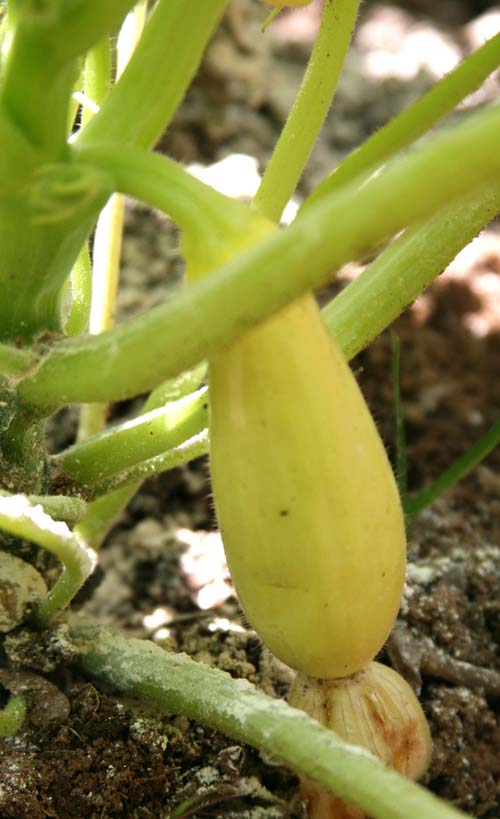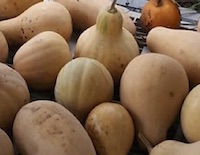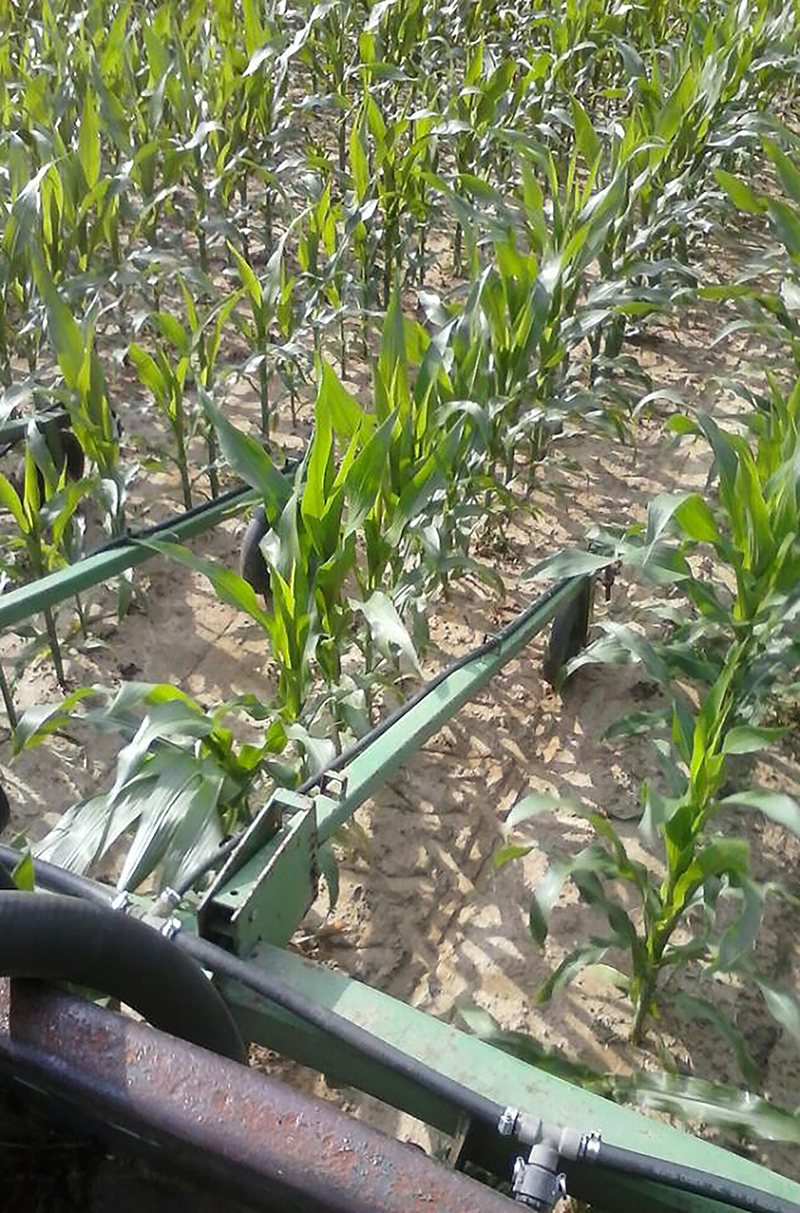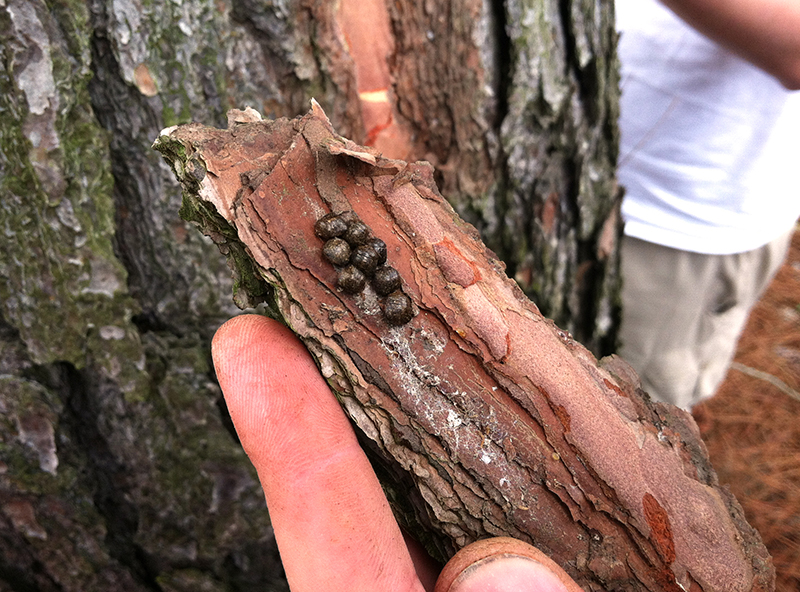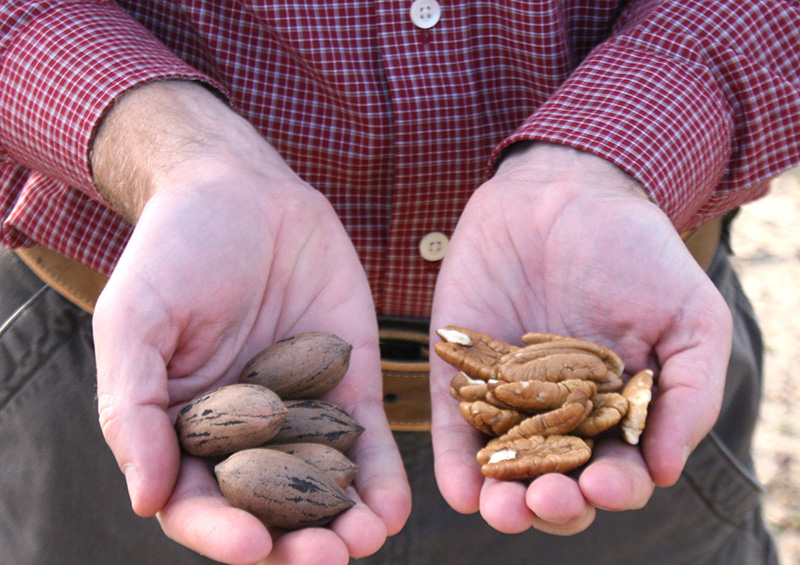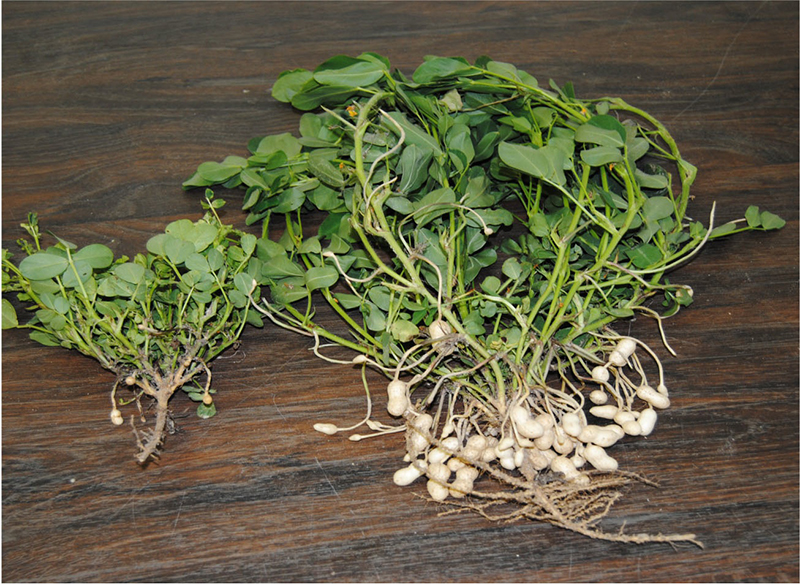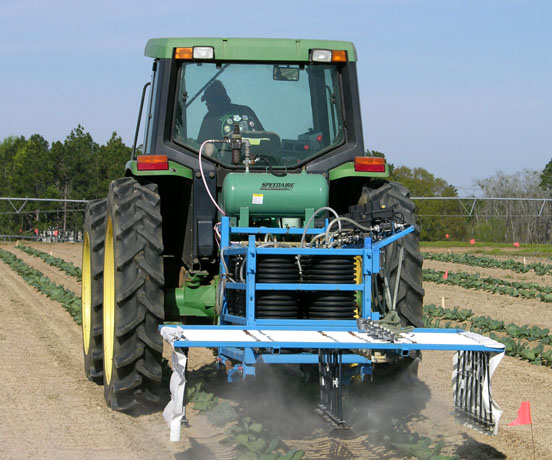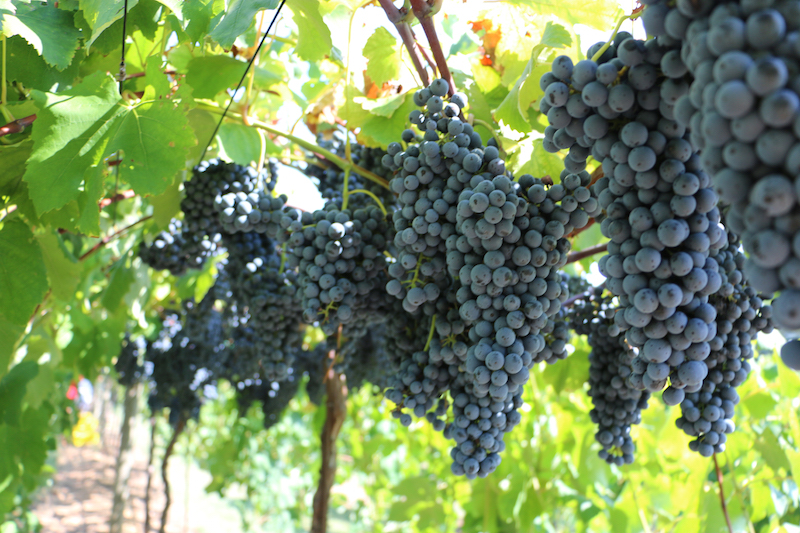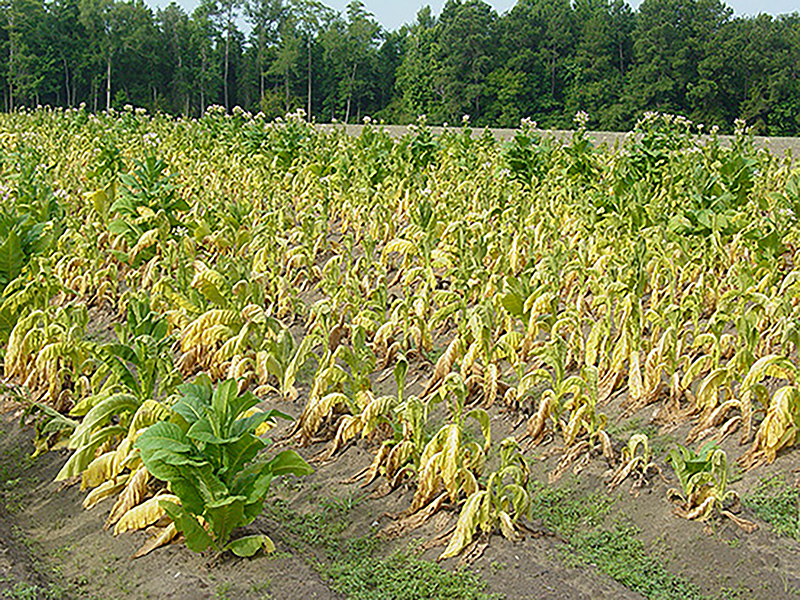 CAES News
CAES News
Black Shank Disease
University of Georgia Cooperative Extension research trials of new tobacco varieties could help farmers reduce the level of black shank disease in their fields to 15 percent, according to Tony Barnes, Agriculture and Natural Resources Extension agent in Atkinson County, Georgia.

